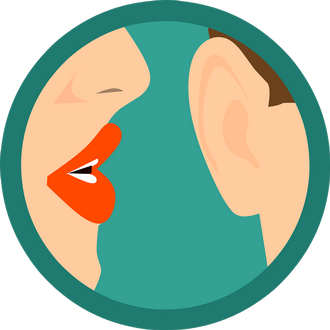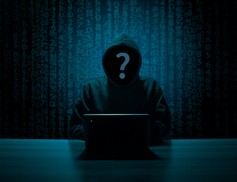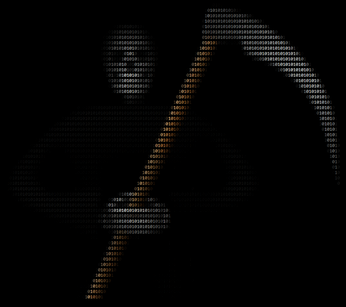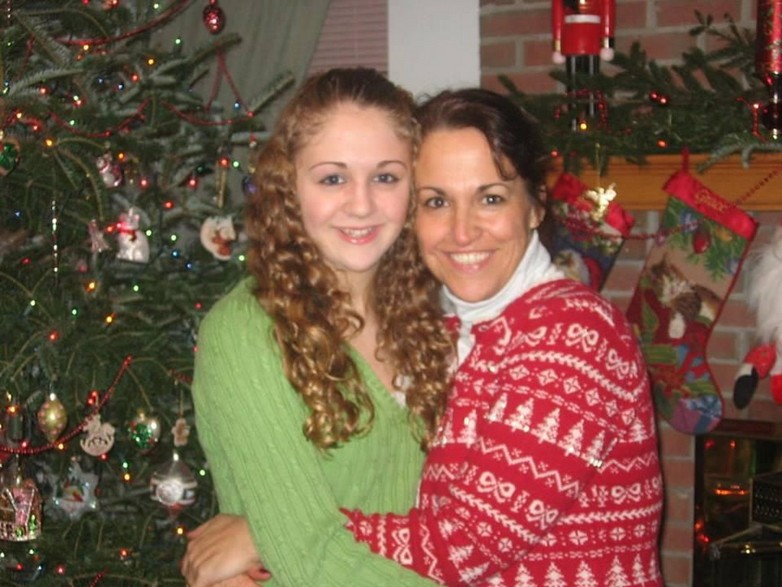Social Media
Information
I am sure when used correctly by the right kind of people social media can be very good and beneficial to society as a whole and can promulgate a lot of useful information as well as improving the social life of the participants. The unfortunate fact is social media is a double edged sword and it can also be used to spread hate, gossip, perpetuate smear campaigns and promote all kinds of bad behaviour hidden behind a wall of anonymity. This means it is wide open to abuse by psychopaths, narcissists, sociopaths, gosssips and in fact any hate filled individual bearing a grudge of any kind. This is what is being used to kill the vulnerable children in society all with the help of the people who do nothing and keep looking the other way.
 A lot of people know these hate filled individuals to be "trolls" but not all trolls are obvious. Some trolls pretend to be reasonable people who will start a smear campaign very gently at first just spreading gentle slanders at first, as the campaign gains momentum the slanders will get more and more hateful and damaging and the more people who succumb to it the more powerful the troll feels.
A lot of people know these hate filled individuals to be "trolls" but not all trolls are obvious. Some trolls pretend to be reasonable people who will start a smear campaign very gently at first just spreading gentle slanders at first, as the campaign gains momentum the slanders will get more and more hateful and damaging and the more people who succumb to it the more powerful the troll feels. This is just how mobbing and adult bullying starts and once people are in the mob and have carried out some mobbing themselves they do not have the courage and moral fibre to leave so will carry on with the campaign to the bitter end. If there is any doubt that this is what happens just look at he events under Adfolf Hitler's Germany and the German population's treatment of the unfortunate Jews, Gypsies and disabled people singled out for elimination.
The authorities are obsessed with the grooming of children online by criminal gangs and paedophiles but seem to be blind to the fact that social media can be used to groom adults and children alike. The adults are often groomed to become part of a self righteous mob to attack innocent targets to fulfil some hidden agenda which they are not privy to, in this way a mob is created all by the use of social media.
You do not necessarily need to be on social media to be a target of cyberbullying, see here. I can personally vouch for this as I am not on social media but that does not stop people wanting to join the mobbing campaign being waged against me.
General safety tips
Keep it private

Don’t post anything on a social networking site which gives your real name, address, school, phone number or which will allow a stranger to contact you in real life. Make sure you don't ID your friends either.
Don't upload anything that might embarrass you at a later date. You might not realise it but things you post on the internet now could come back to cause problems for you later on, for instance when you go for an interview for college or a job. So if you are not happy for it to be shown to the world then do not hit send. Remember once you send it you have lost control of that image or comment.
If you have a webcam or smartphone never be pressured into taking pictures of yourself that you wouldn't want other people to see. Trust your gut instinct over this. Once again, once you hit send, you have lost control over that picture and this can cause anxiety and stress.
If you're using a shared computer at school, in an internet cafe or library then you'll stay logged on even when you close the browser. So don't forget to log off when you've finished the session. Read more tips about staying safe online.
Location settings
Many social networks like Facebook and Twitter allow you to post your location or check in each time you tweet or post a status update. This might seem like fun for your friends to know where you are, but it can also mean that people you don't know will see where you are, especially if you're tweeting from your mobile on a profile that is public. To turn off the location settings, go into the ‘Settings’ menu, scroll down 'Security and privacy' then to ‘Tweet location’ and untick the checkbox that says ‘Add a location to my tweets’. You can also press the button that says ‘Delete all location data’, to clear information about where you’ve been in the past.
Snapchat has developed a new feature called Snap Map which can show your location. It is very important to turn this feature off so you are able to keep safe. Snap Map tracks your current location and places your avatar on a map like a pin. This can allow others to zoom in and find exactly where you are. It doesn't take effect until you update the app, and it has an opt-out option. If you’re opening the app for the first time after the update, Snapchat will walk you through a step-by-step tutorial on how to use the Snap Map. First, it’ll show you how to pinch and zoom in the camera tool to access the map. Then, it’ll ask who you want to see your location. You get three choices: all your friends, select friends, or only me. Choosing 'only me' activates what it calls 'ghost mode' meaning you can see others but they can't see you. To turn off location data altogether, you’ll need to visit your phone's settings where you can scroll down to Snapchat, click on 'location', and choose to never share.
Hashtags
Be wary of using hashtags as that can open up your post to be visible on that particular hashtag thread on any social network or app. It can open up your post and your account to a wider audience than you originally intended.
Inappropriate behaviour
If anyone makes you feel uncomfortable or embarrassed online then please tell someone that can help. If they're doing it to you then they might also be doing it to other people. It's particularly important never to meet up with anyone you meet online in real life, if anyone suggests that to you and particularly if they suggest you keep it secret that's a real danger sign. Read more about recognising dangerous websites.
When you go into a social networking site people might approach you to be a friend but remember that no matter how much they tell you about themselves, they are still strangers and they might not be telling you the truth about themselves.
Although the police can get information from your computer's hard drive, it's helpful if you don't delete anything you think is dodgy until the police have decided whether they need it as evidence.

Don’t get into an argument or post offensive material
Don't get into arguments online, this is called flaming and it can get nasty. If you break the rules of whichever site you're on then the content is likely to be removed and you might have your membership terminated. You're not allowed to upload anything which is offensive or racist and which promotes physical harm so don't make threats to anyone. Neither are you allowed to harass people or to encourage other people to harass them. You're not supposed to ask for personal information from anyone under 18 either so if you are under 18 and anyone asks you, for instance, where you go to school, make sure you report them.
Spreading rumours
Don’t spread rumours or make up false things about a friend you have fallen out with. You are not allowed to upload anything which is threatening, abusive or which is defamatory. It's defamatory if you say untrue things about someone which give them a bad reputation they don't deserve. It can also be harassment which is a criminal offence in the UK.
You're not supposed to upload a picture or video of anyone without their permission either. So never set up a social networking website account in the names of other people or upload false information about them.
You Do Not Need To Be On Social Media To Be A Victim Of Cyberbullying.
Grace McComas and her mother Christine. Grace died by suicide after an uninvestigated sexual assault followed by months of cyber abuse
CHRISTINE MCCOMAS
Grace K. McComas 1996-2012
“ She didn’t even have a Twitter handle; she didn’t need to. But the young man…he had hundreds of friends. Each time he posted something from his Twitter handle, people could share it or save it, eventually making its way to Grace’s friends and Grace herself. Entire peer groups become involved. ” – Christine McComas, Mother of Grace McComas and voice behind Grace’s Law.Links to pages related to Grace K. McComas
A New Playground For Bullies
Cyberbullying, more aptly termed "digital abuse," is today's newest weapon for bullying, hosted on social media platforms across the globe. Traditional bullying has evolved, and where a child could escape to the sanctuary of home, it now follows them there and into their private lives. Hatred, abuse and reputation–ruining rumor is instantaneously broadcast to entire peer groups and it never goes away. It can be dangerously damaging.
The emergence of social media and new technology allows for someone to send and receive threatening or harassing text messages, comments, chats, embarrassing pictures, etc. The damage has contributed to several deaths by suicide, but the law hasn’t caught up yet.


